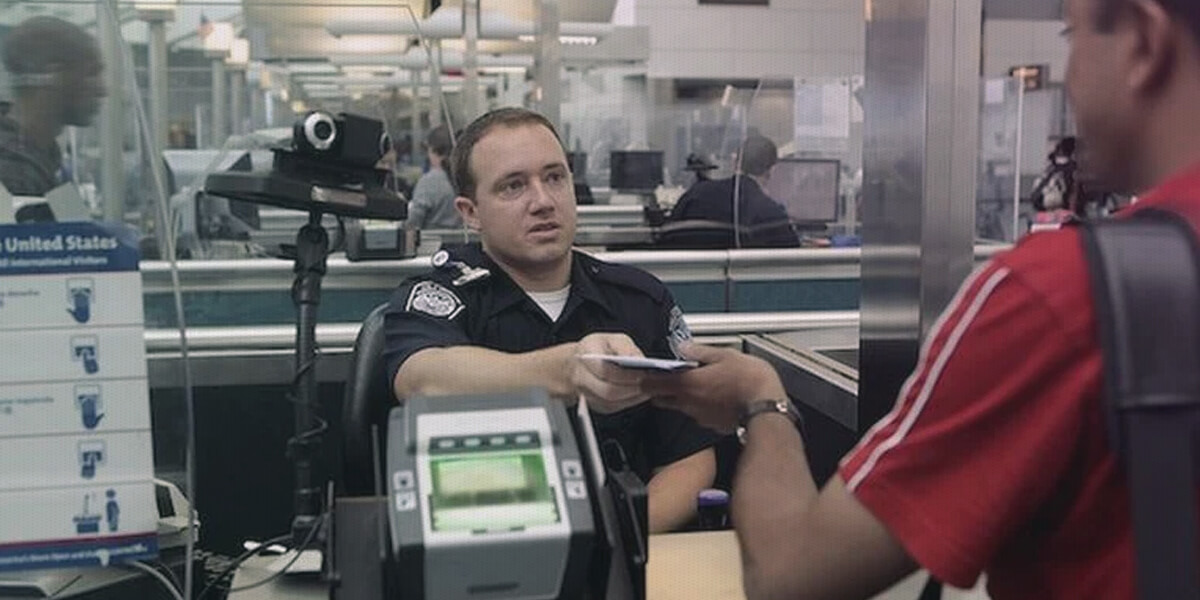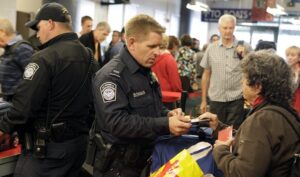
Permanent residents who stay outside the United States for too long may not be permitted to return. In fact, your green card is not valid for reentry if your absence from the U.S. has been one year or longer. The SB-1 visa, also known as a returning resident visa, may be available for certain permanent residents who were not able to return to the U.S. by the required deadline.
What is an SB-1 returning resident visa?
What if I lost my green card or re-entry permit?
Who is eligible to get the SB-1 visa?
How do I apply for this visa to return to the U.S.?
What are examples of valid reasons to stay too long?
Is there an interview?
What should I do if a returning resident visa is not available to me?
Returning Resident Visa Explained
U.S. immigration officials may issue a special SB-1 visa to certain permanent residents who have stayed outside the United States longer than permitted.
As a lawful permanent resident or conditional resident, you’ve established the United States as your permanent home. Although you may travel abroad and reenter the U.S. with a green card, there are limitations. A green card is valid for reentry for a period of one year after the departure. Permanent residents who obtain a re-entry permit may be absent for a period of up to two years. A permanent resident who is unable to return to the U.S. within the validity period of the respective document may be eligible for the SB-1 returning resident visa.
Lost Green Card or Re-entry Permit
If you’ve lost your travel document and it is still within the travel validity period of the green card (1 year) or the validity of the re-entry permit (2 years), the SB-1 visa is not necessary. Permanent residents in this situation may be able to return with carrier documentation.
Eligibility for the SB-1 Visa
Not all permanent residents will qualify for an SB-1 visa. There are very important criteria for demonstrating that you qualify. To establish eligibility for returning resident status, you will need to prove that you:
- Had the status of a lawful permanent resident at the time of departure from the United States;
- Departed from the United States with the intention of returning and have not abandoned this intention; and
- Are returning to the United States from a temporary visit abroad and, if the stay abroad was protracted, this was caused by reasons beyond your control and for which you were not responsible.
Therefore, individuals who decided to move back to their country of origin would not qualify. Their intent was to leave the United States. Even for situations such as caring for an elderly parent take caution and solid documentation to prove that the extended stay was out of your control.
Apply for Returning Resident Status
If you believe you can provide proof to meet the eligibility criteria above, you can apply for an SB-1 visa at the nearest U.S. embassy or consulate.
What to Submit
To apply for the returning resident status, you generally must submit the following forms and documents to the U.S. embassy or consulate where you will apply:
- A completed Application to Determine Returning Resident Status (Form DS-117)
- Your permanent resident card (green card)
- Your re-entry permit (if available)
- Supporting documents that show the following:
- Dates of travel outside of the United States (Examples: airline tickets, passport stamps, etc.)
- Proof of your ties to the United States and your intention to return (Examples: tax returns, and evidence of economic, family, and social ties to the United States)
- Proof that your protracted stay outside of the United States was for reasons beyond your control (Examples: medical incapacitation, employment with a U.S. company, etc.)
Keep in mind, the U.S. embassy or consulate may have additional country-specific instructions. Visit their website and review before applying.
Getting Help with the Application
Strongly consider using an immigration attorney to help you prepare your application for returning resident status. If you fail to submit sufficient evidence to meet the eligibility requirements, immigration officials will deny your application. You would have to apply for permanent residence again (if still eligible). This would likely lead to long periods of separation from loved ones and significant expenses.
Valid Reasons for a Protracted Stay Abroad
There are many acceptable reasons for a protracted stay outside the United States. In order to qualify for the SB-1, you must be able to document them appropriately. Examples of acceptable reasons for an extended stay abroad may include:
- Occurrence of a natural disaster in the foreign country
- A severe physical or mental illness
- Pregnancy that medically prevents travel
- No passport because the country’s immigration authorities confiscated it
- Foreign government does not allow you to leave
Interview Before Granting an SB-1 Visa
Even after a successful application, there are additional steps. Again, specific actions may vary slightly depending the on the specific U.S. embassy or consulate. They will provide you with these instructions before attending an SB-1 interview. In general, you will need to take the following items to your interview:
- Medical examination results, including a list of required vaccinations
- Form DS-260, Immigrant Visa and Alien Registration Application
- Original passport
- Two (2) passport-style photographs
- A list of civil documents as requested by the embassy or consulate
The processing time to reach an interview may take several weeks and even months. Individuals in possession of a valid, unexpired SB-1 visa in their passport may board transportation carriers (e.g. ship lines, airlines, etc.) bound for the United States without additional documentation.
Options if Your Visa is Denied
Fighting for an SB-1 returning resident visa can be time-consuming and expensive. In many cases, the most practical approach is to apply for permanent residence again. For family-based immigration cases, a relative will need to start the process by filing Form I-130, Petition for Alien Relative. Speak to an immigration lawyer to determine which course makes the most sense for your situation.
About CitizenPath
CitizenPath provides simple, affordable, step-by-step guidance through USCIS immigration applications. Individuals, attorneys and non-profits use the service on desktop or mobile device to prepare immigration forms accurately, avoiding costly delays. CitizenPath allows users to try the service for free and provides a 100% money-back guarantee that USCIS will approve the application or petition. We provide support for the Naturalization Package (Form N-400), Green Card Renewal/Replacement Package (Form I-90), and several other immigration services.
Want more immigration tips and how-to information for your family?
Sign up for CitizenPath’s FREE immigration newsletter and
SAVE 10%
on our immigration services






